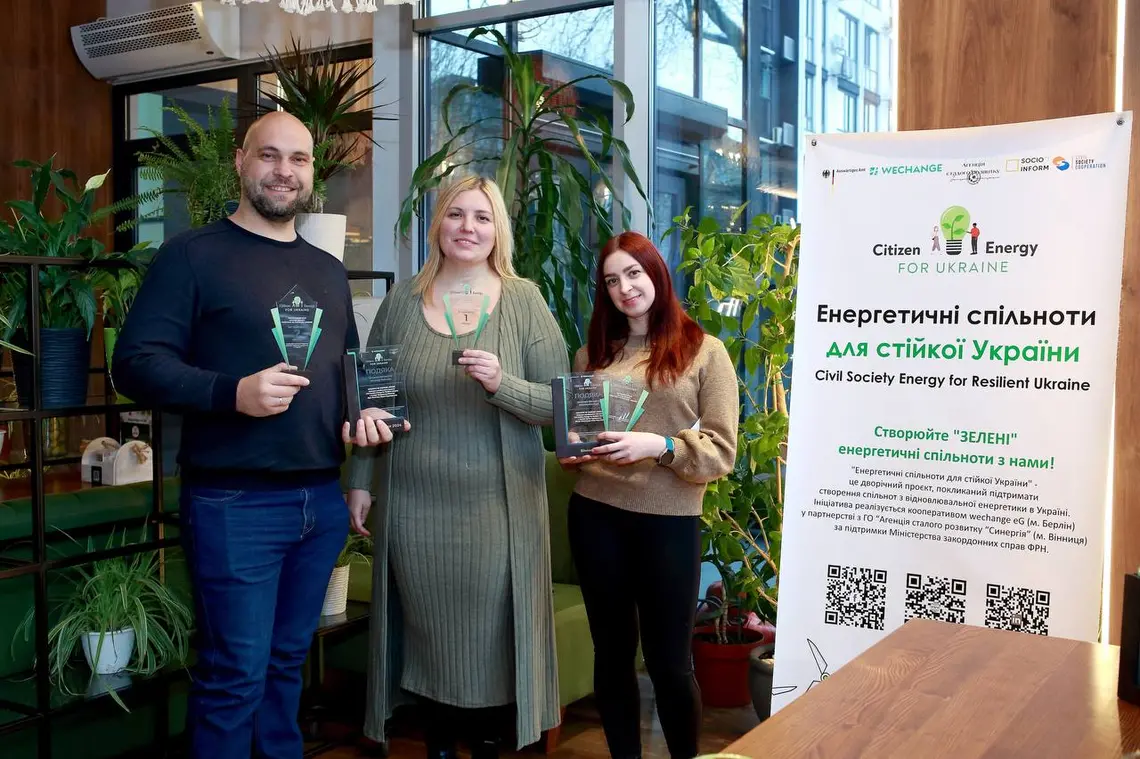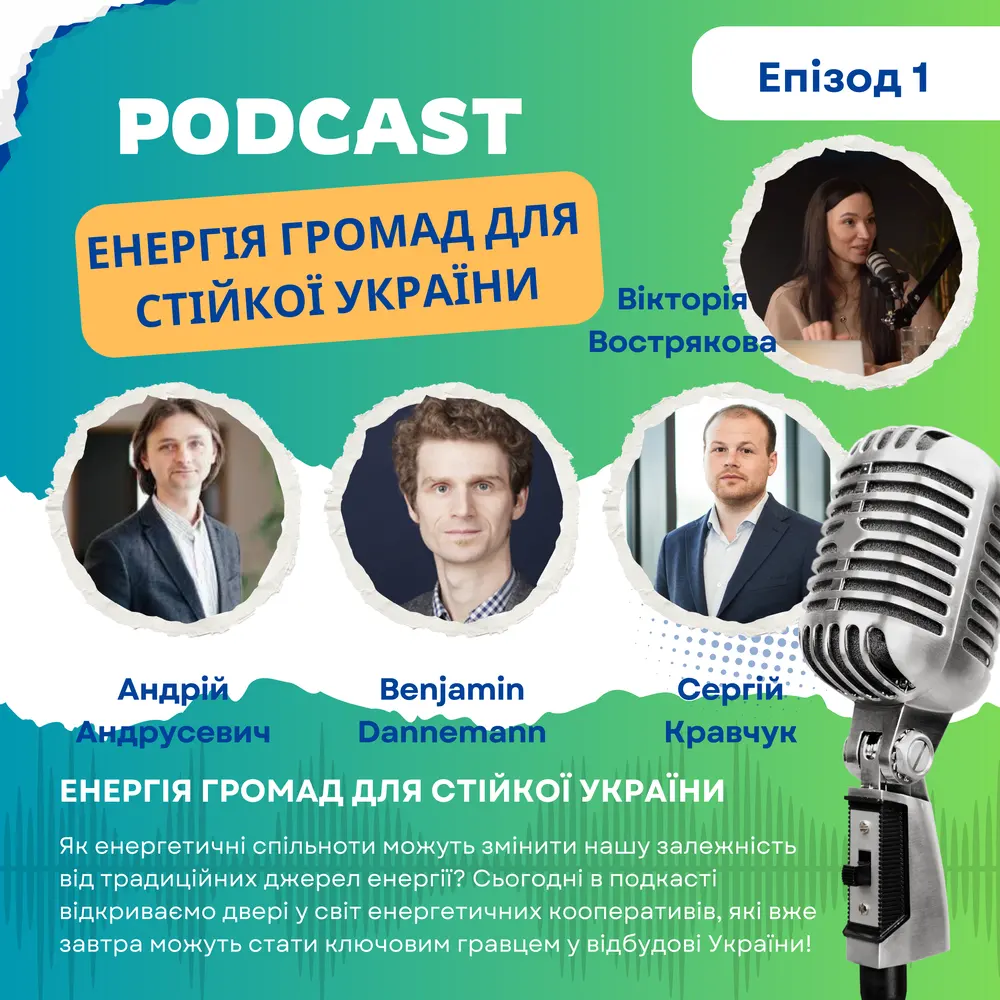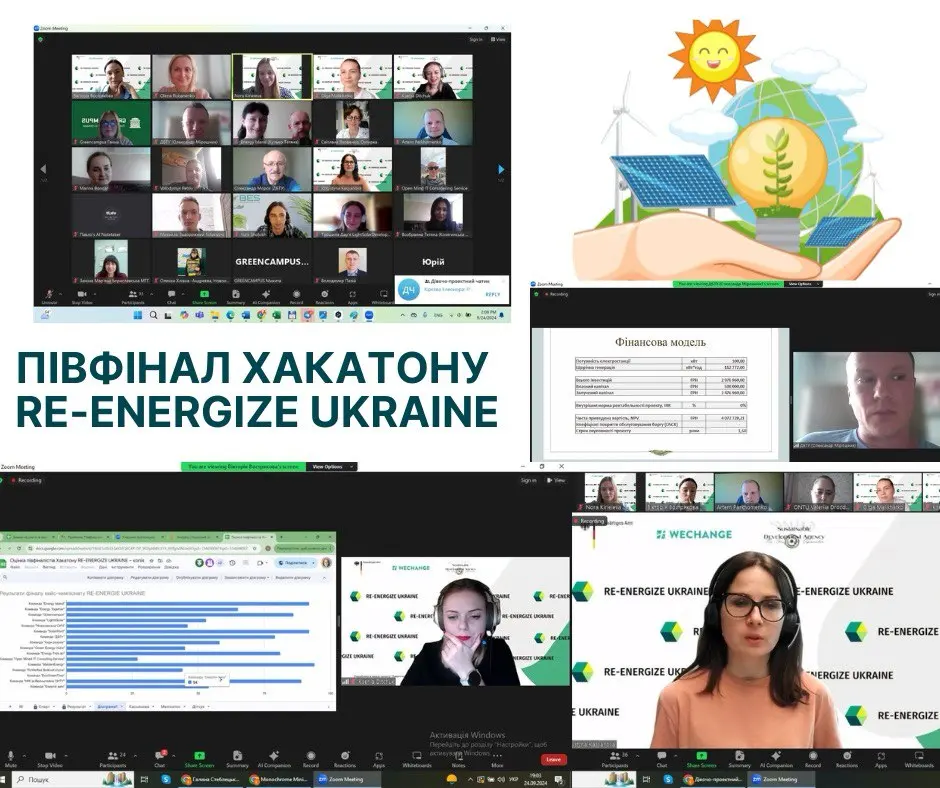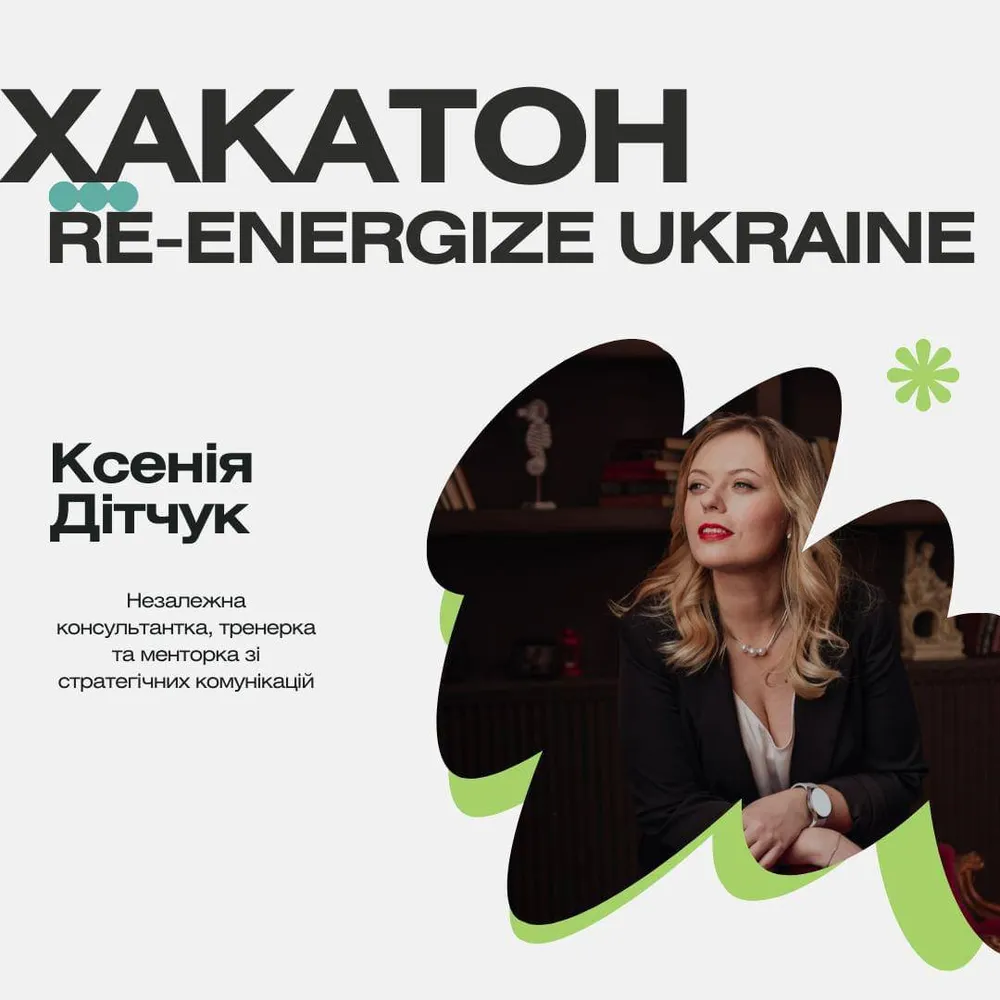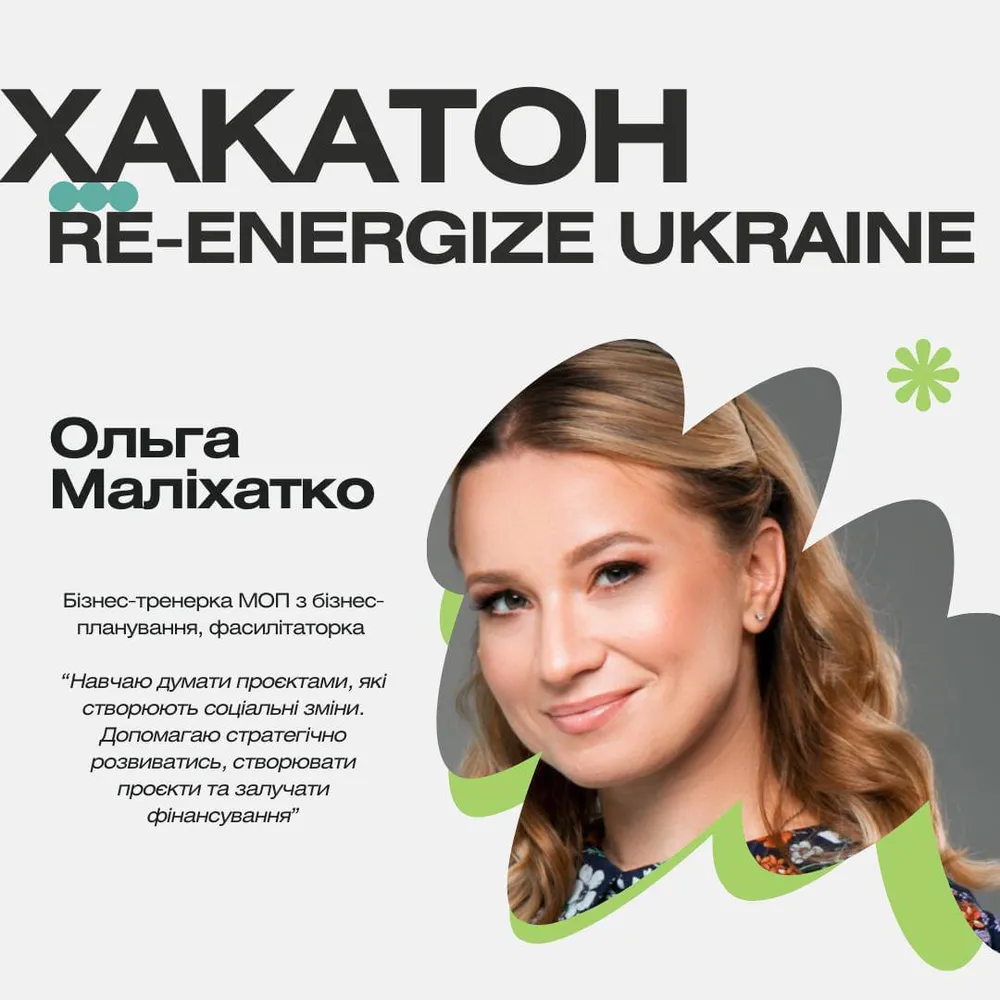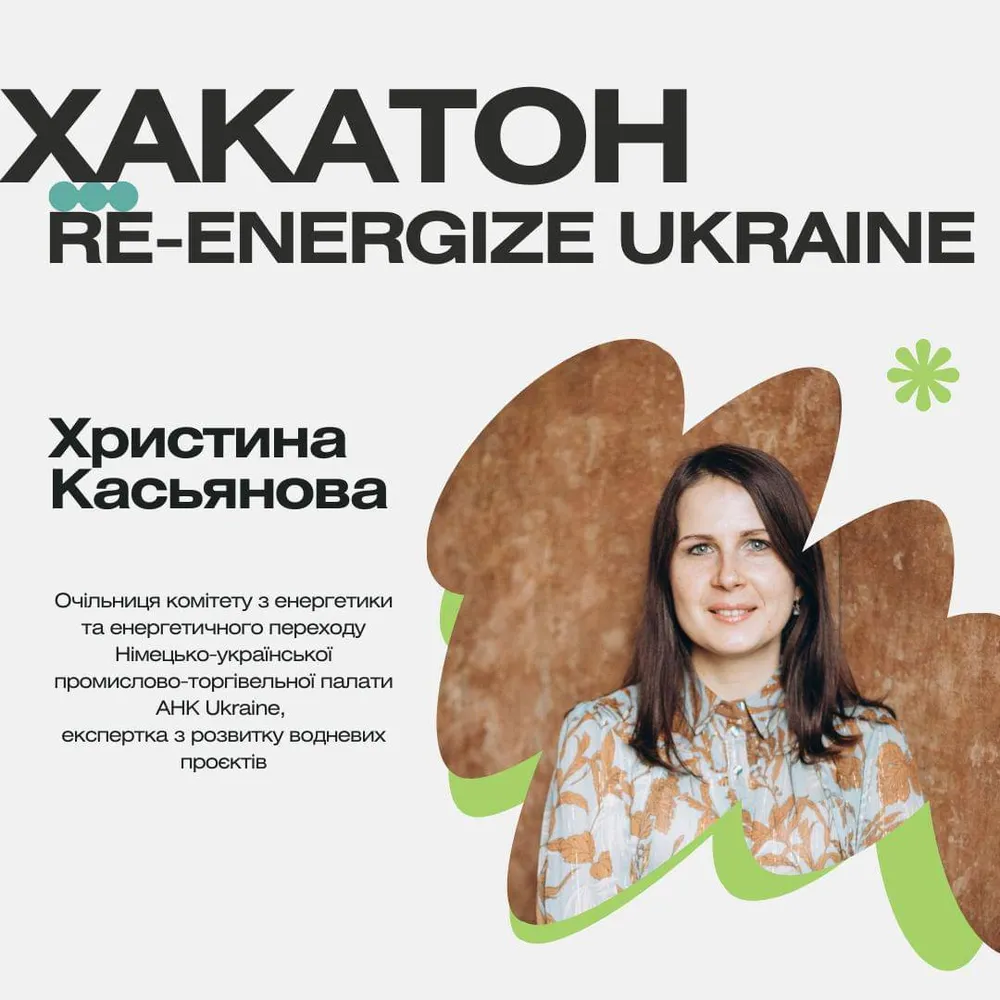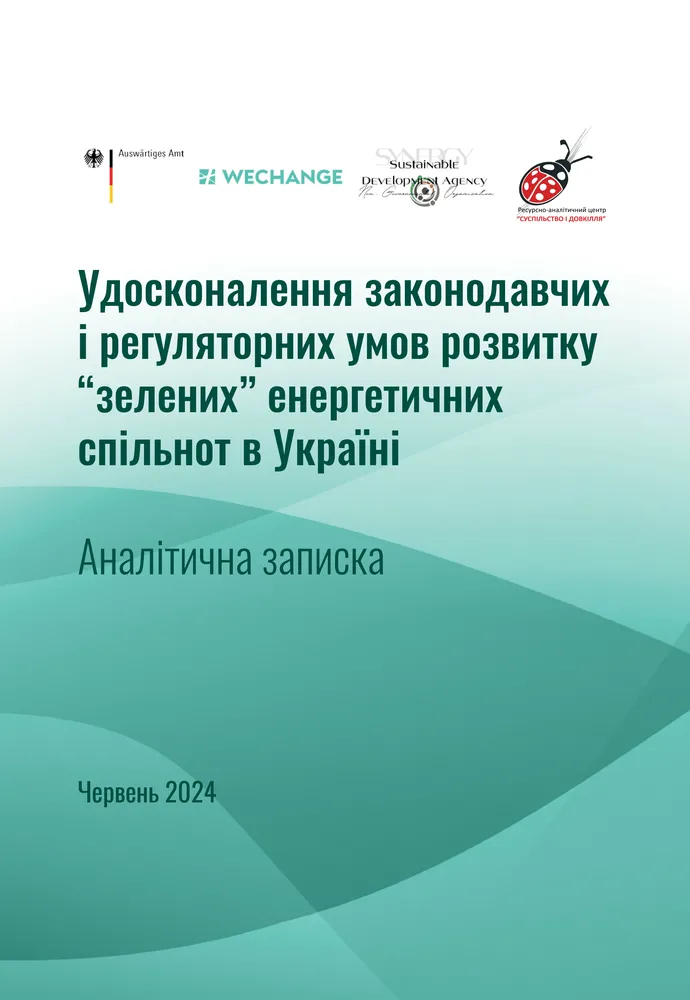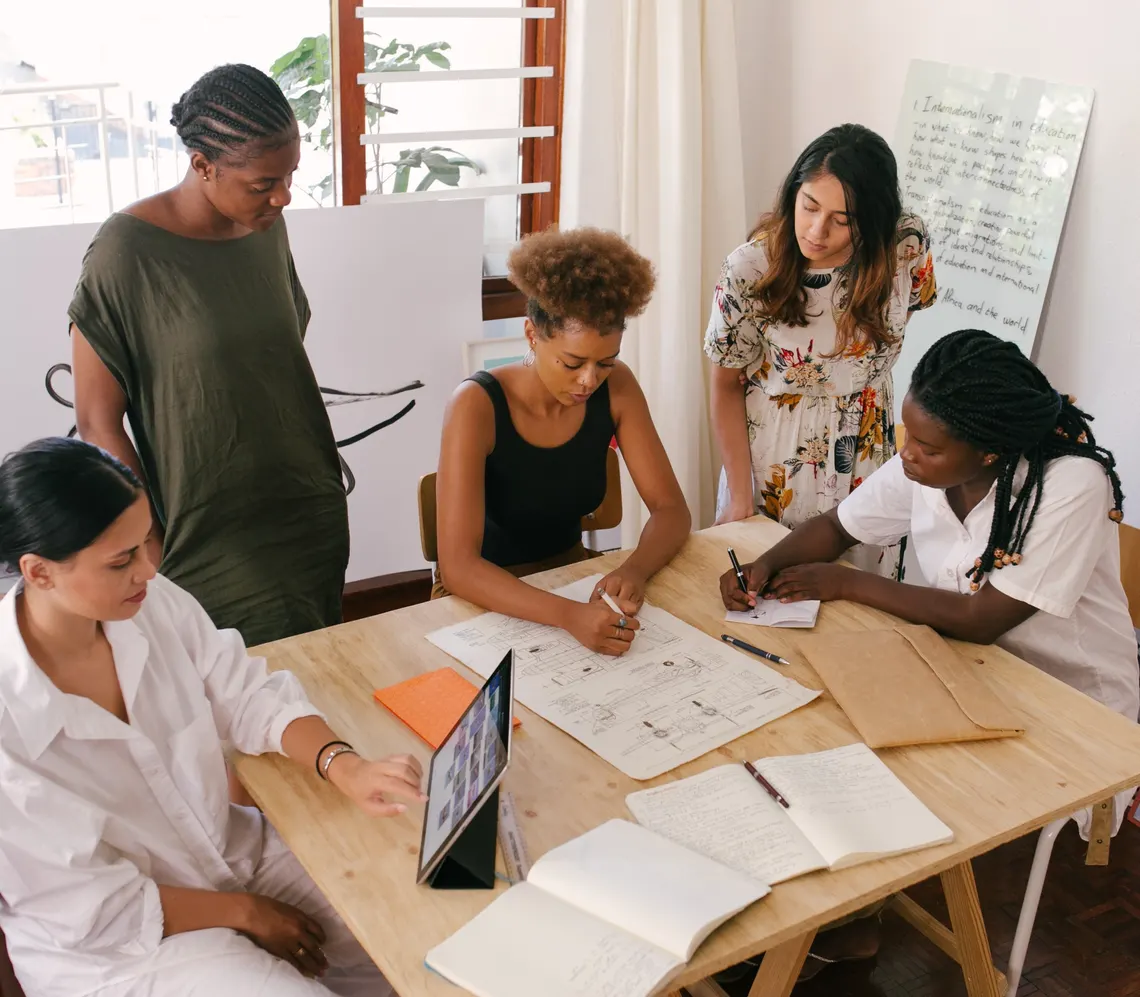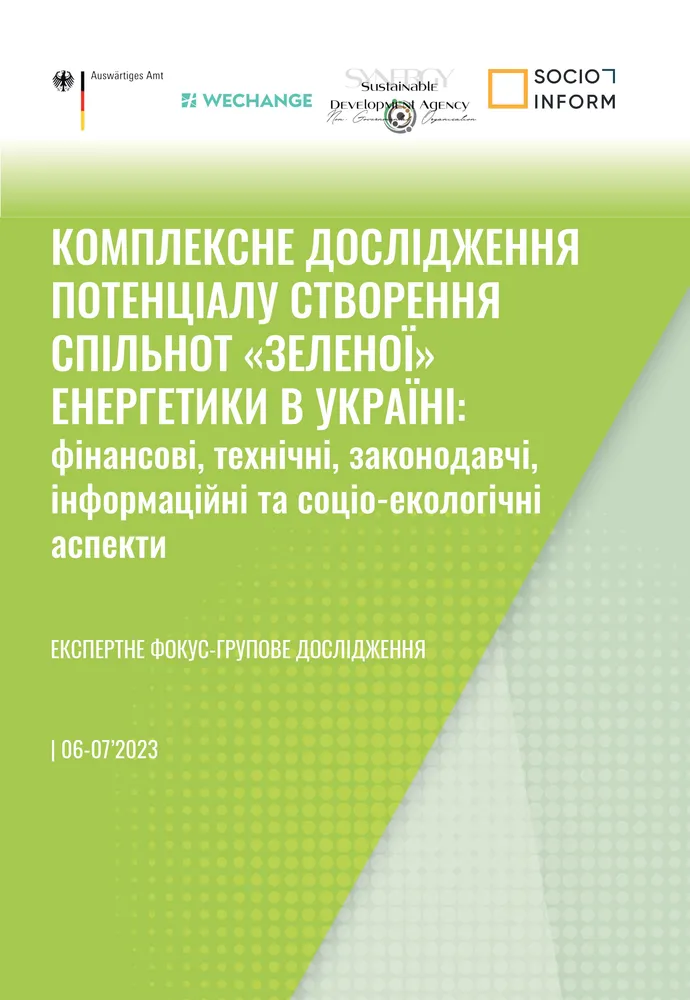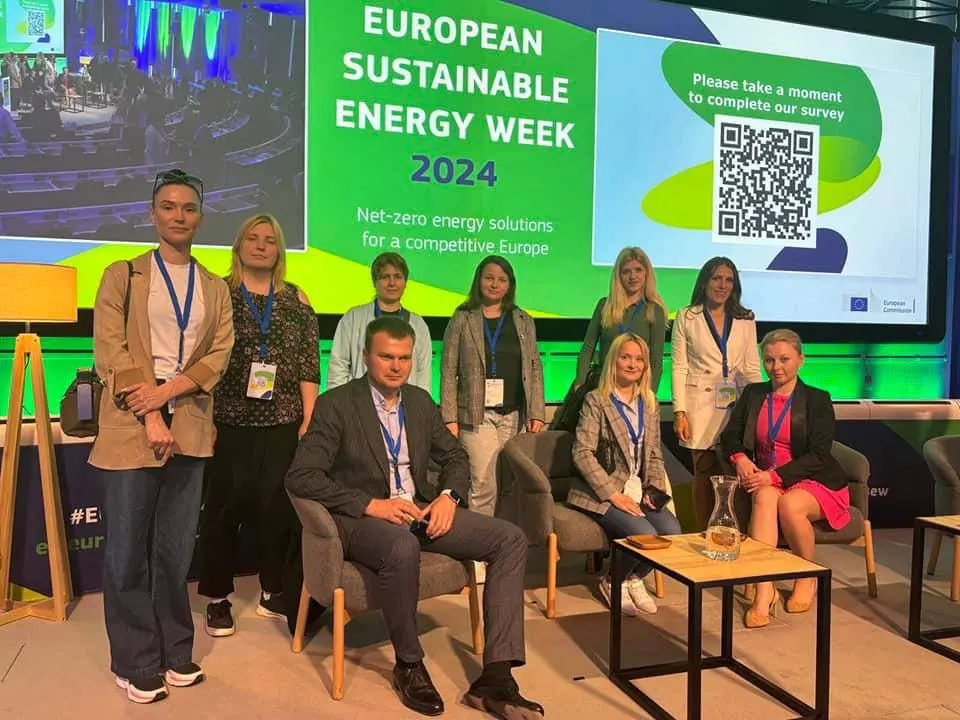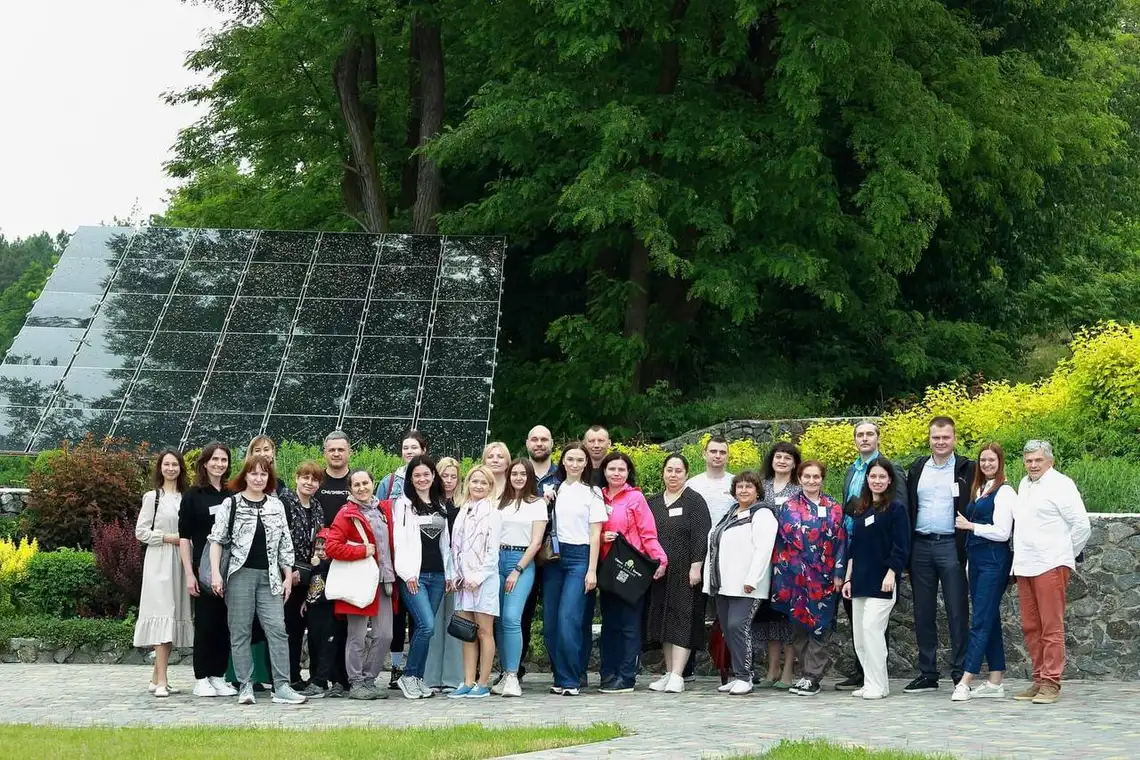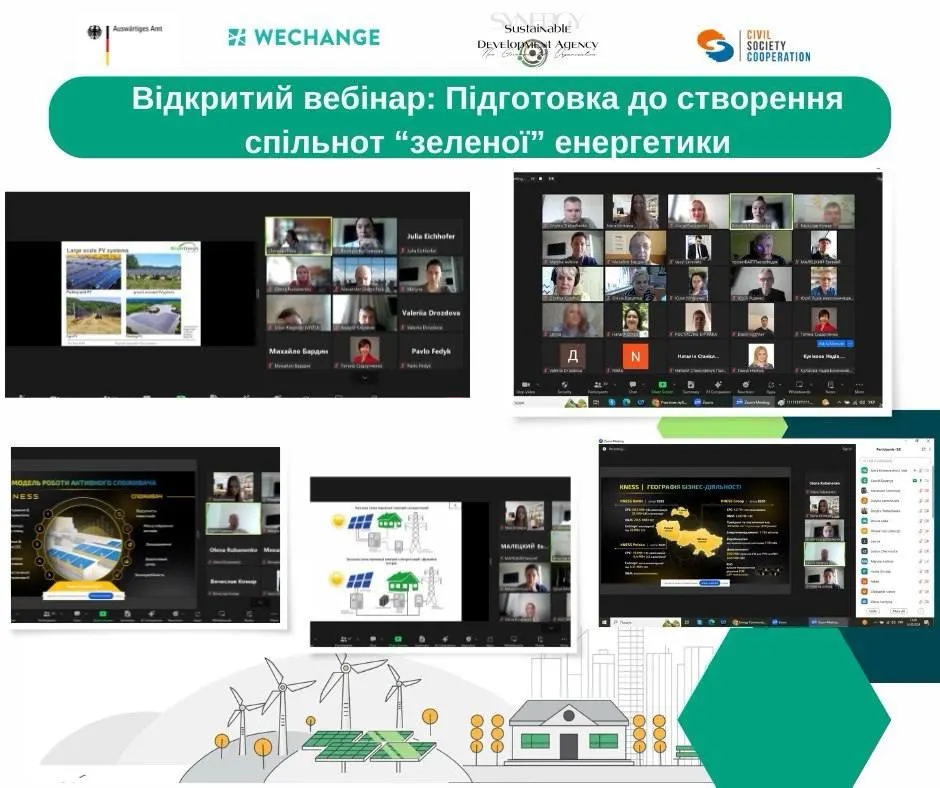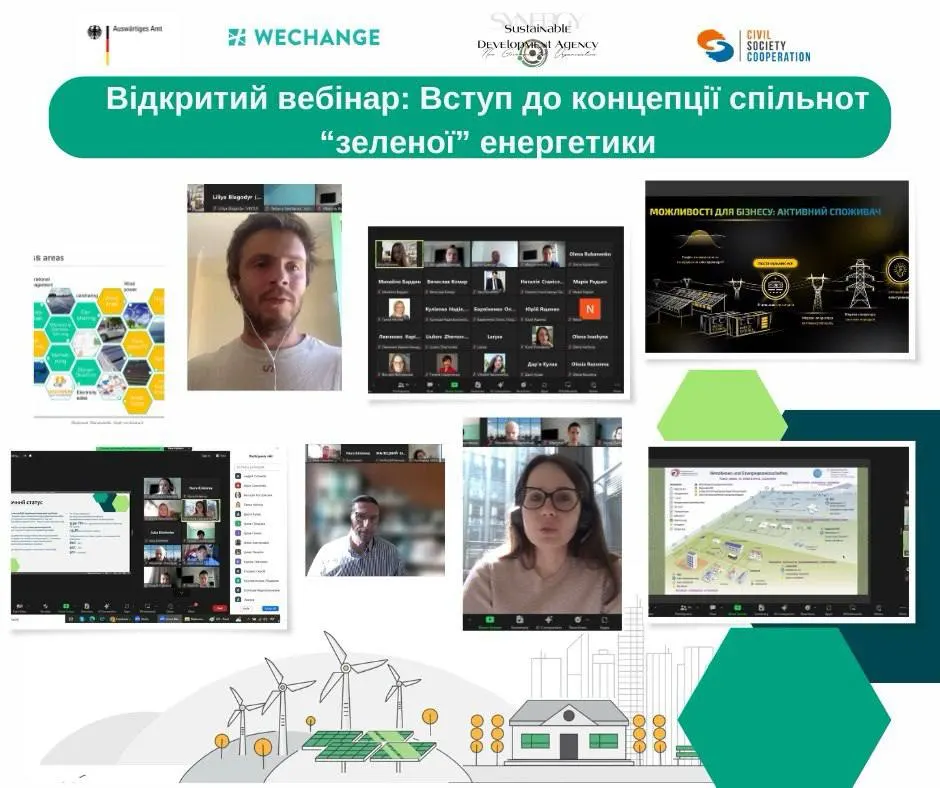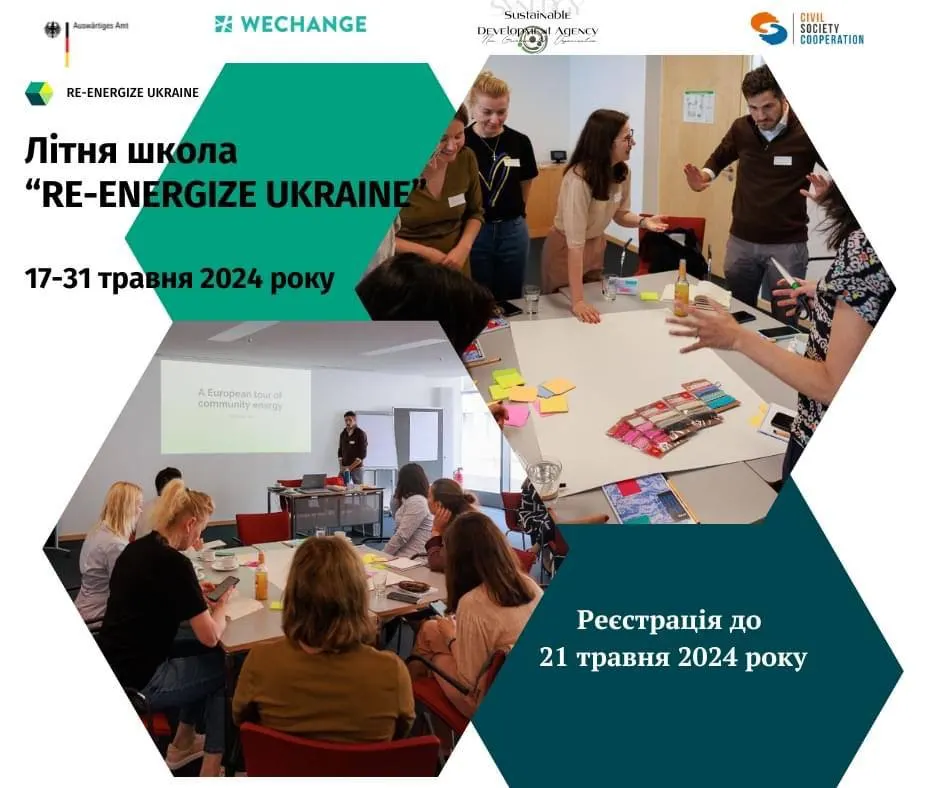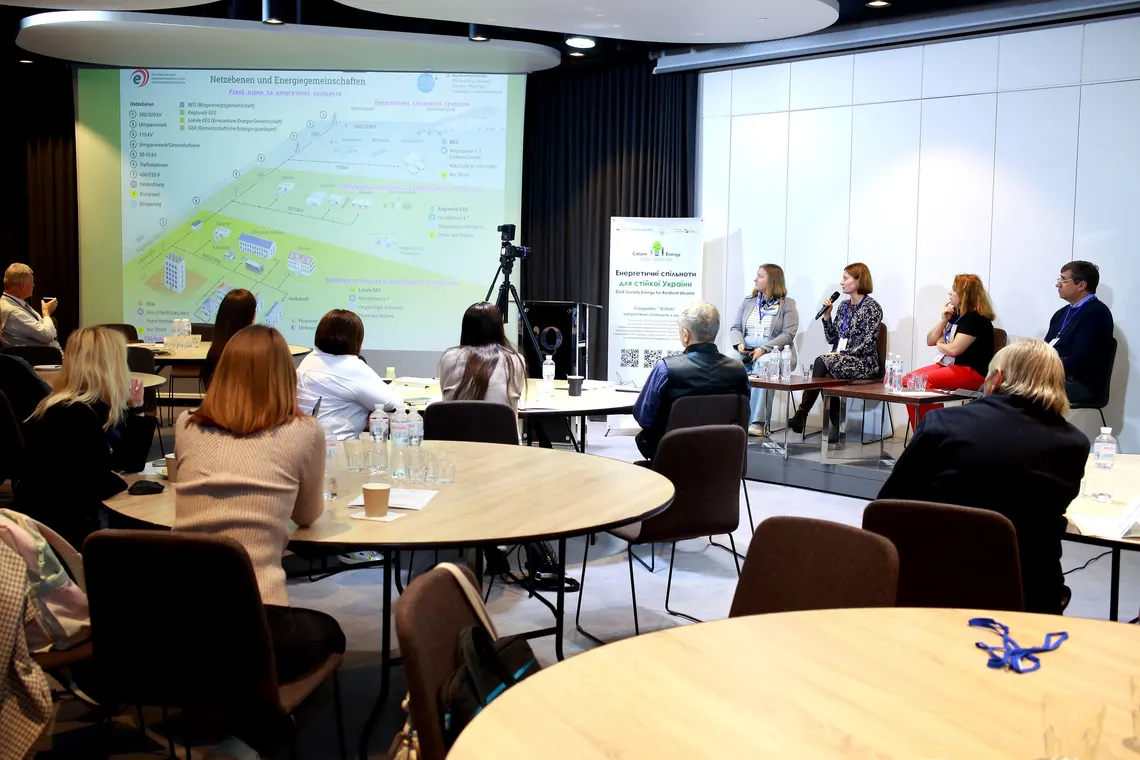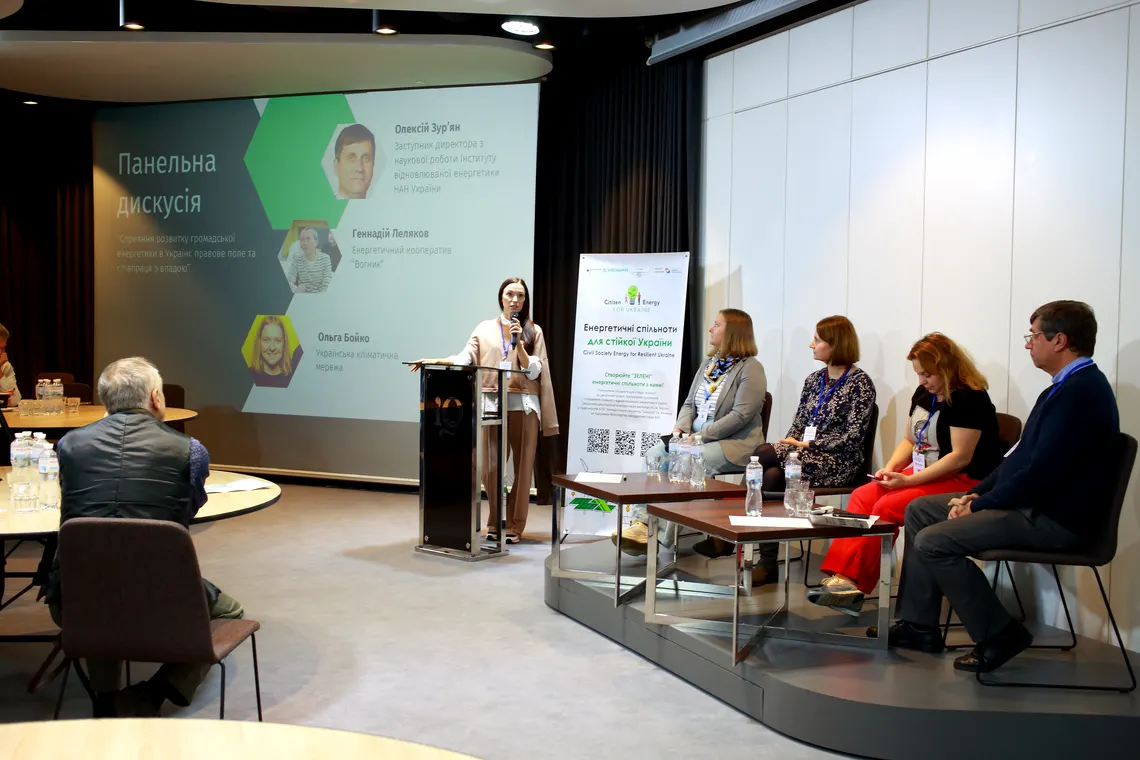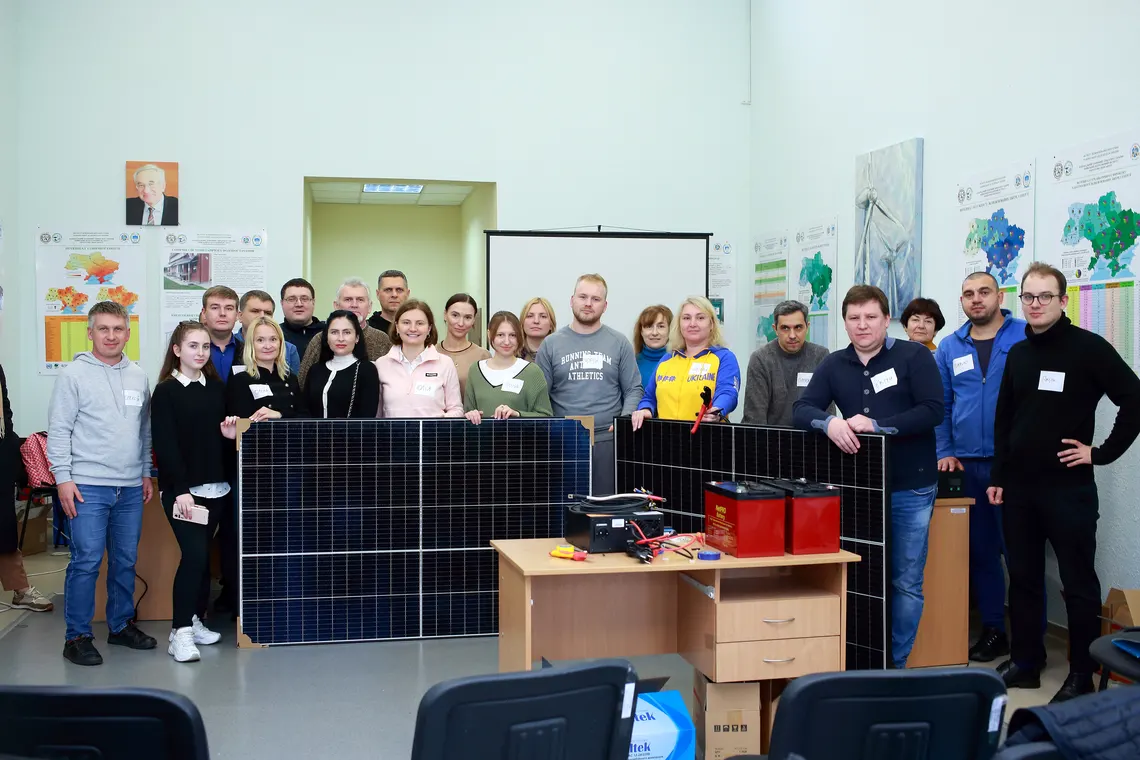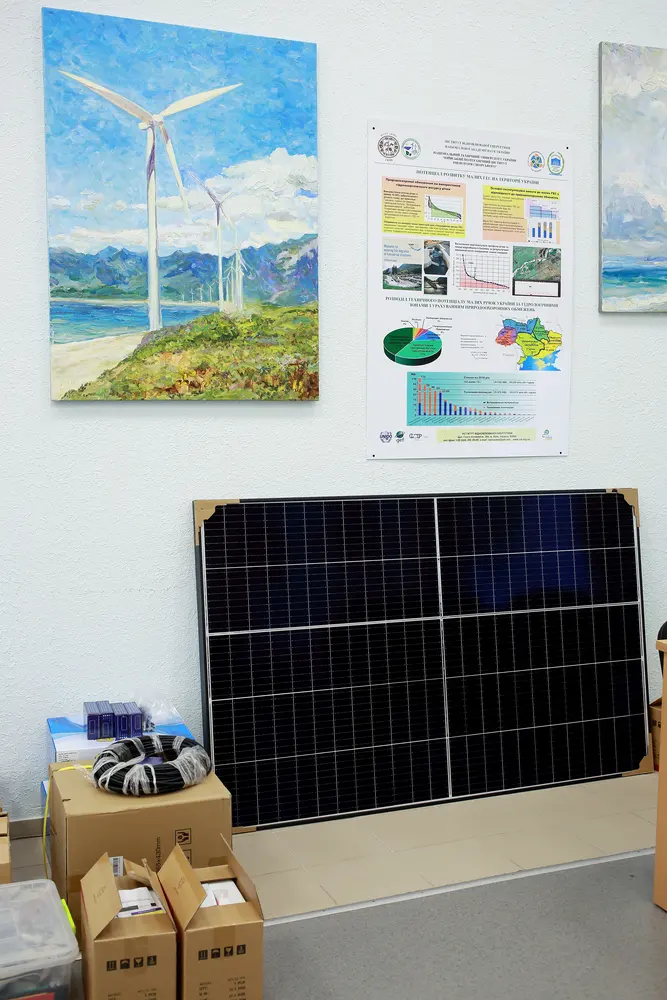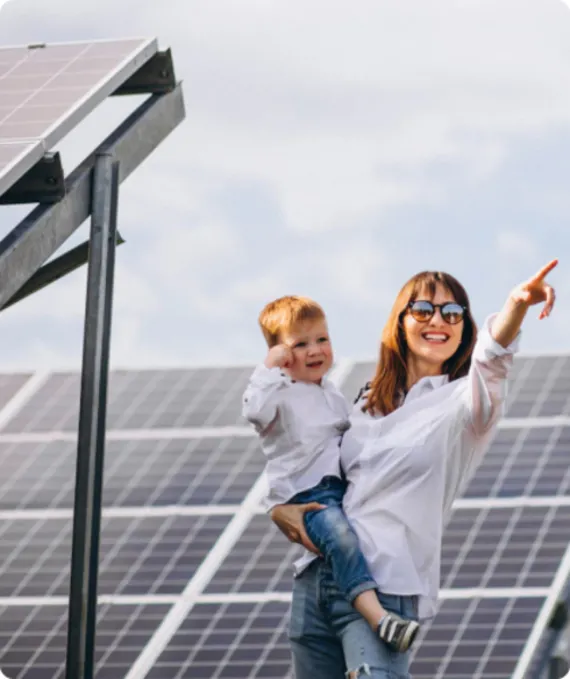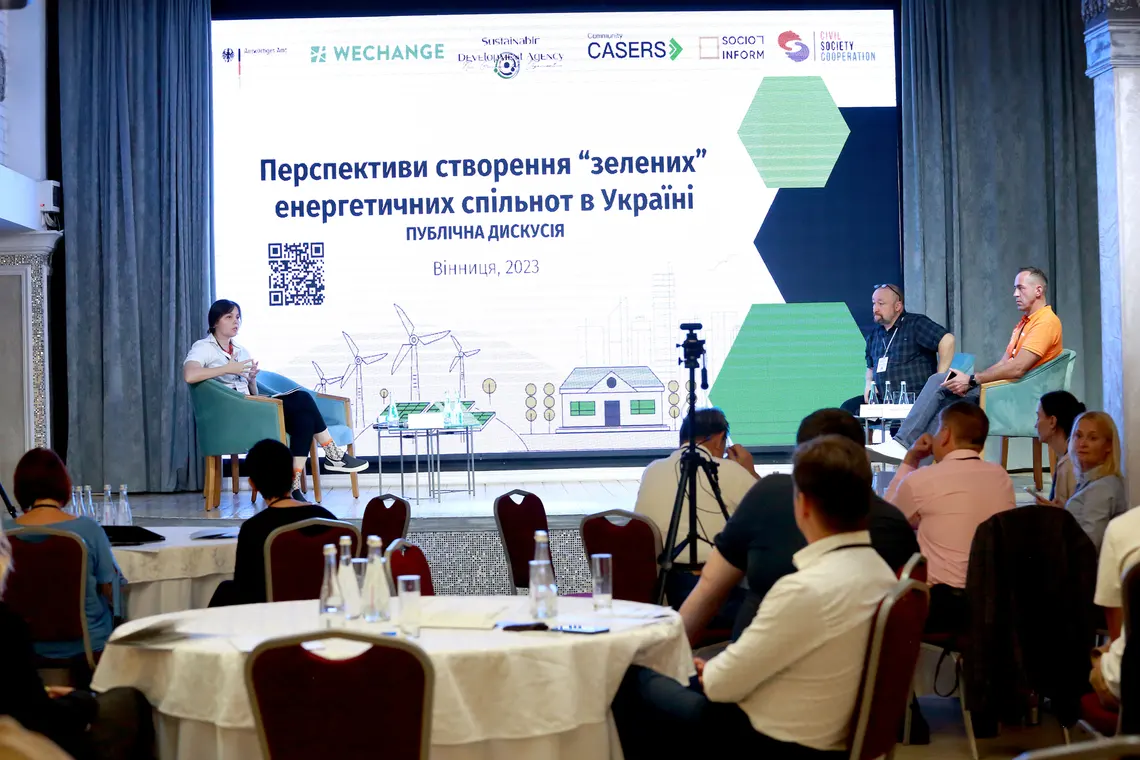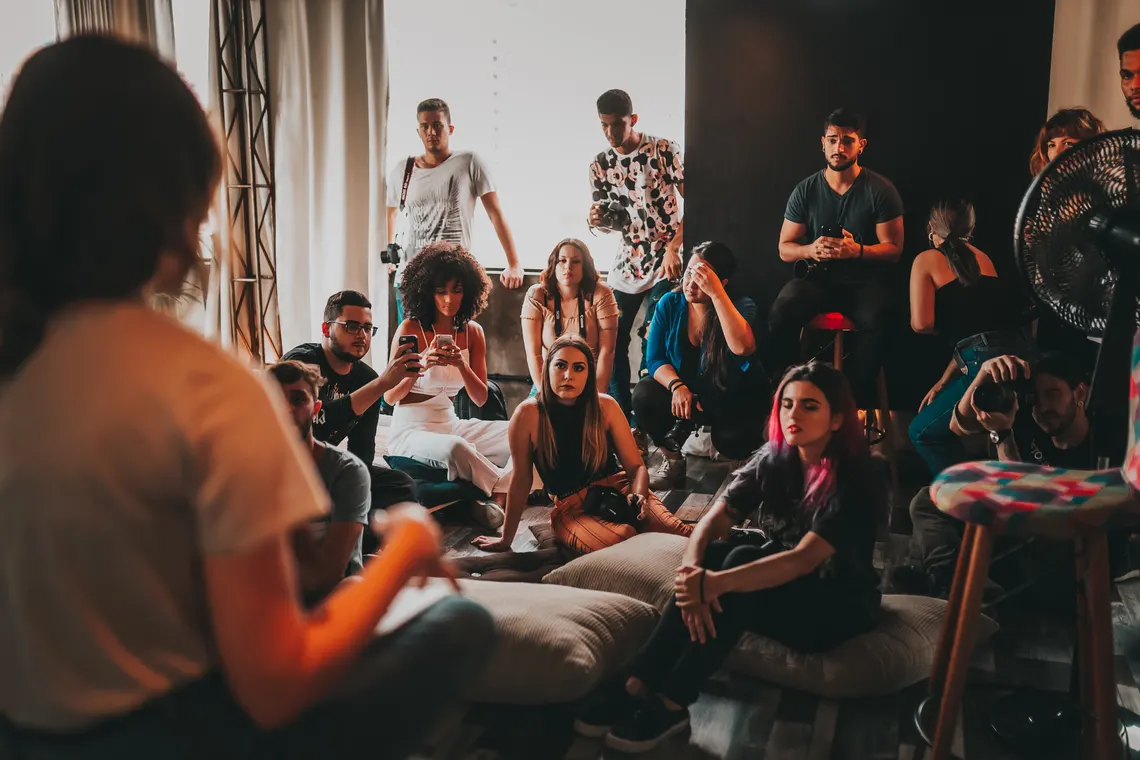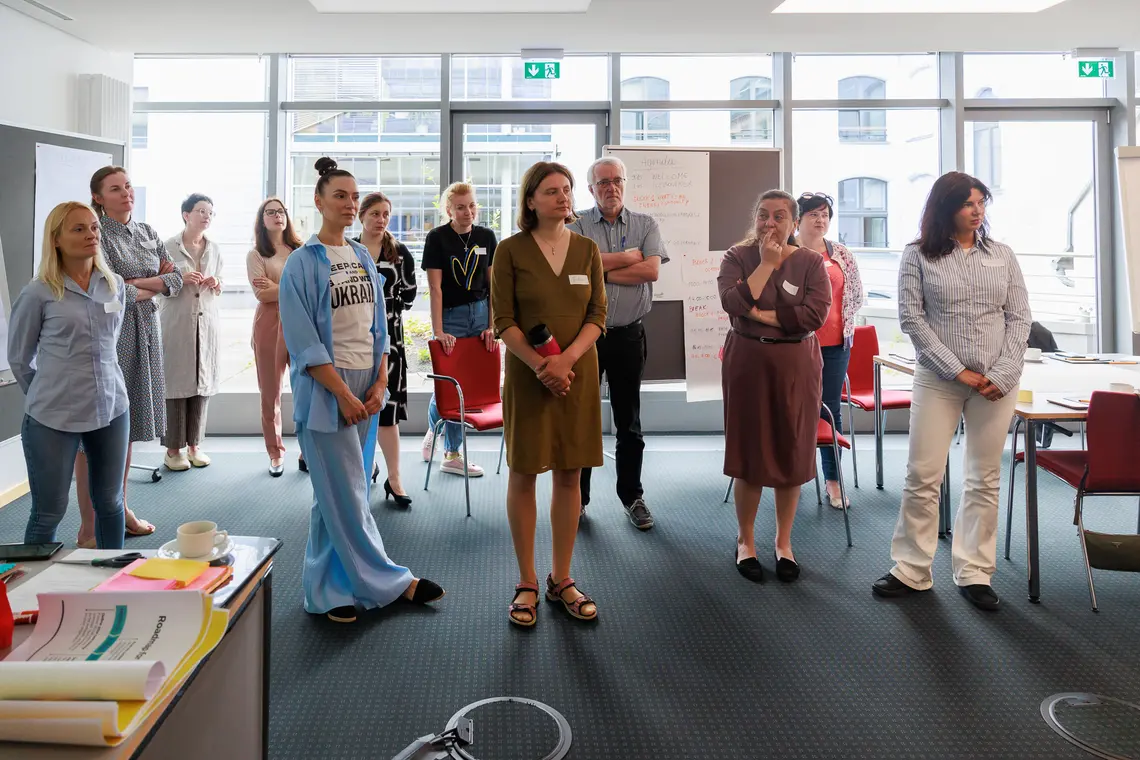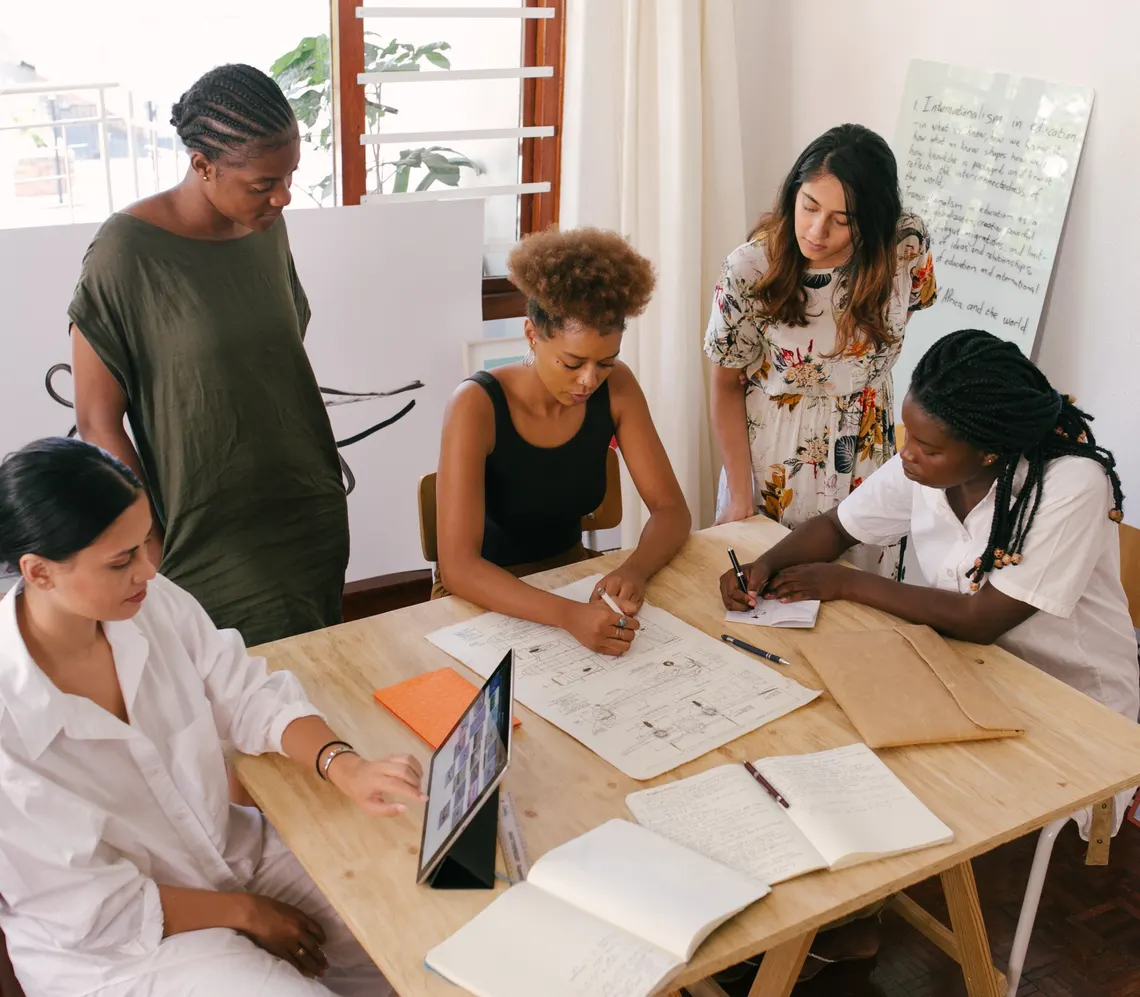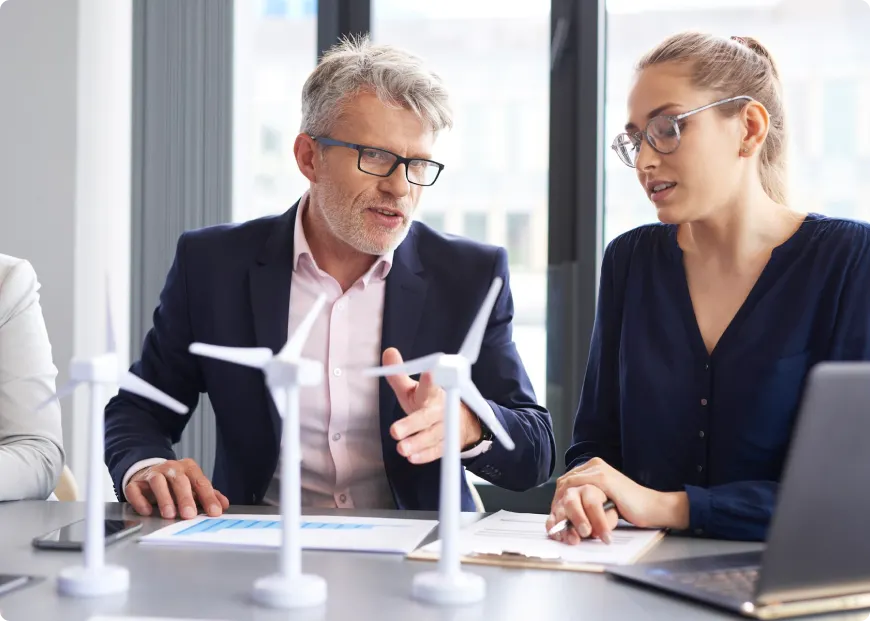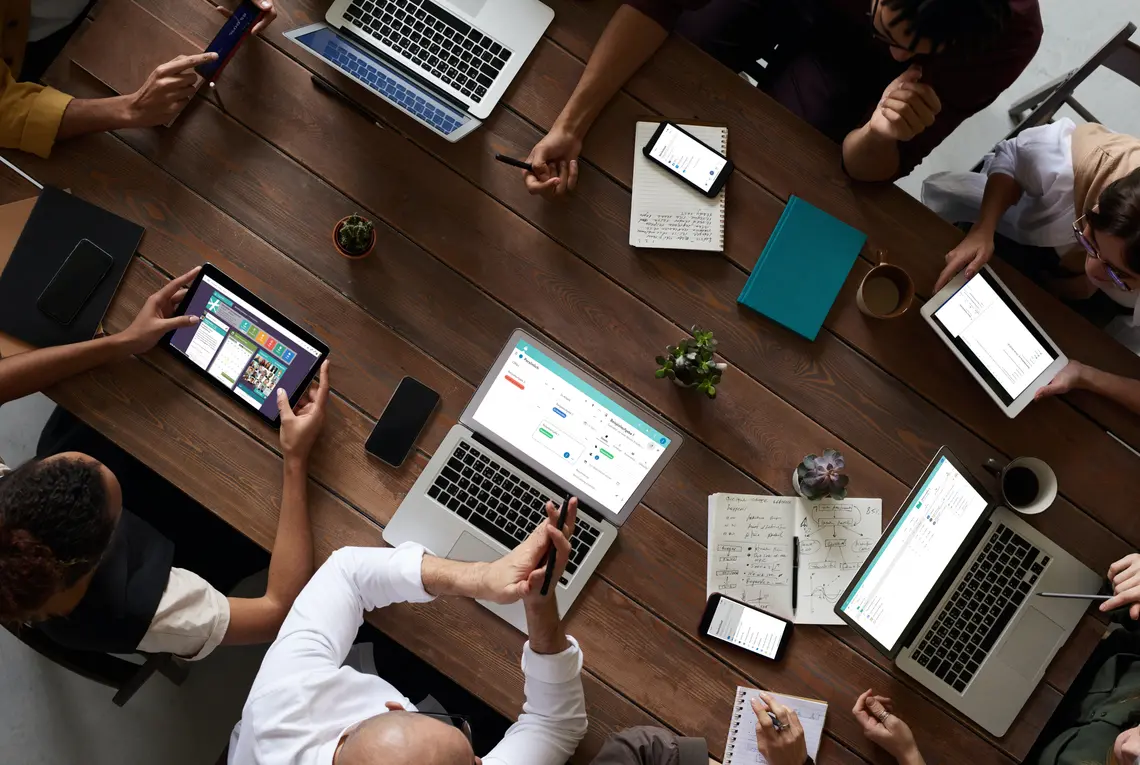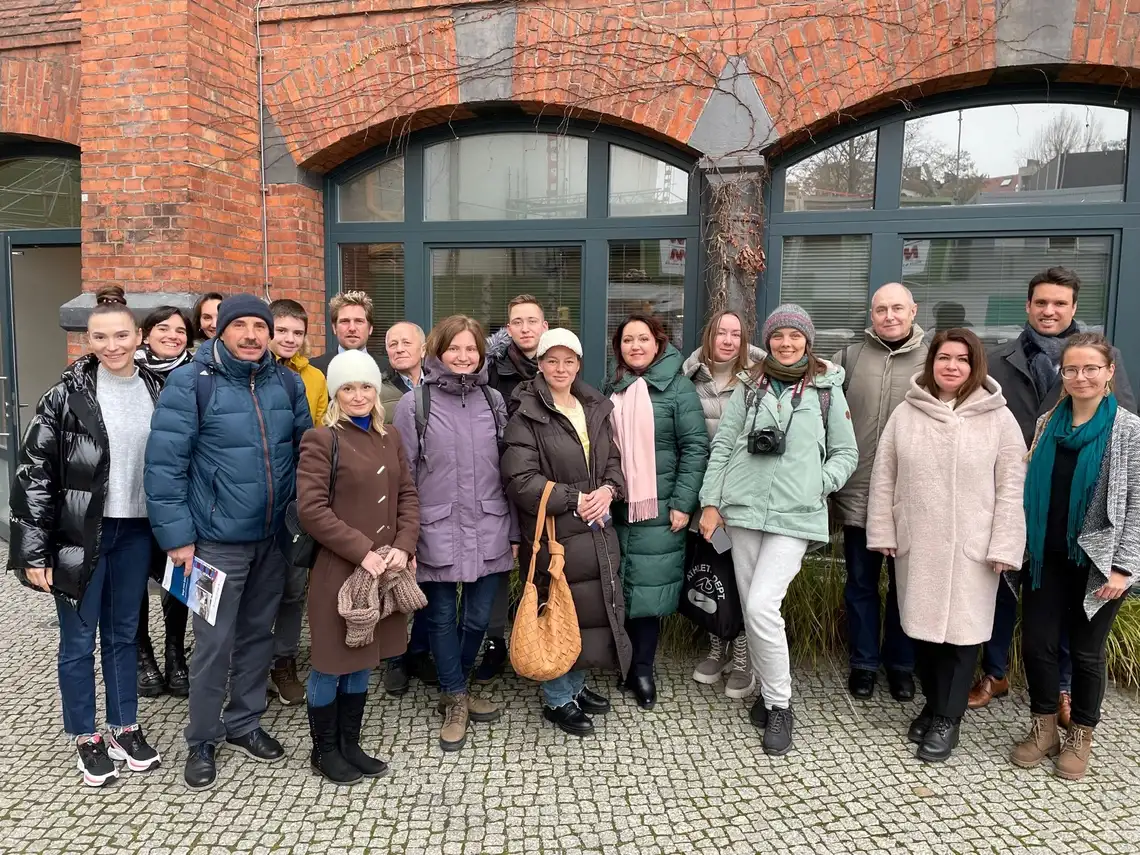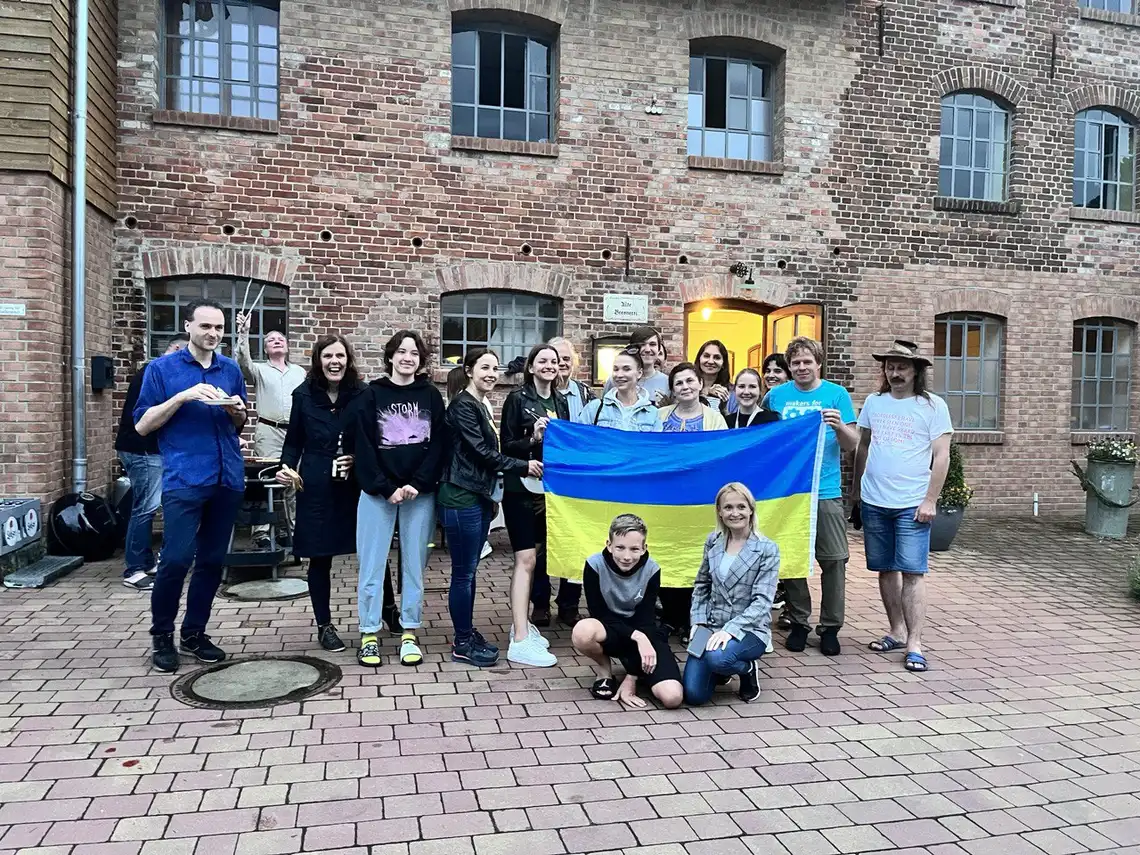
1. General information
RE-ENERGIZE UKRAINE hackathon takes place within the framework of the "Civil Society Energy for Resilient Ukraine" project aimed at the development of green energy communities in Ukraine. The project is implemented by the German cooperative WECHANGE eG in partnership with the NGO "Agency for Sustainable Development "SYNERGY" and is financed by the Ministry of Foreign Affairs of the German Government.
The project involves holding an online hackathon "RE-ENERGIZE UKRAINE", in which the project team plans to unite interested activists (energy managers, senior energy students, energy engineers, public organizations, representatives of condominiums and housing associations, activists and other interested initiative groups) to find effective ways to unite community residents around the idea of creating local renewable energy communities. Within the framework of the hackathon, the best team ideas will receive mentoring support. The task of the mentoring sessions is to provide mentoring and expert support in the development of professional and high-quality documents (business plan, financial model, communication strategy, fundraising strategy concept, etc.) proposed by the teams of project ideas for energy communities.
2.Hackathon Goals
- Promoting the creation of local "green" energy communities in Ukraine.
- Developing innovative ideas in the field of green energy for communities.
- Bringing together experts, activists and public organizations to develop and refine projects for the creation of "green" energy communities in Ukrainian communities.
Hackathon activities include a number of synchronous and asynchronous online events: open online workshops and tasks from mentors, closed individual mentoring consultations for selected teams. It is planned that 100 participants will take part in the Hackathon (no more than 33 teams will apply for participation, each team will have at least 3 participants), at least 20 participants (up to 7 teams) based on the results of the selection in the semi-finals will receive mentoring consultations from 3 mentors/ok in different areas to refine and finalize the project concept.
3.Who can participate?
The following are invited to participate in the Hackathon:
- Energy managers;
- Senior energy students;
- Energy engineers;
- Public organizations;
- Representatives of condominiums;
- Representatives of housing associations;
- Activists and interested initiative groups.
4. Format of the event
The Hackathon will be held online throughout Ukraine. Participants apply to participate in the Hackathon as part of a team, each consisting of at least three people.
5. Hackathon Stages
Registration of participants: August 15 - August 31, 2024.
Kick-off meeting: September 6, 2024.
Educational meet-ups: September 9, 11, 13, 2024.
Semi-finals: September 23, 2024 (selection of teams for mentoring).
Mentoring sessions: September 23 - October 30, 2024.
Hackathon super-final: early November 2024.
6. Terms of participation
Number of participants: Up to 100 people can participate in the Hackathon. 3 participants per team.
Registration: To participate, you must complete the registration form as a team by August 31, 2024.
Selection: All registered participants are allowed to participate in open group mentoring sessions. Up to 20 participants (up to 7 teams) will be selected in the semi-finals, who will receive access to individual mentoring sessions.
7. Mentoring support
Mentors: Selected teams will receive mentoring support from experts in various fields (business and financial modeling, communication strategy planning, fundraising, grant writing).
Results: Based on the results of the mentoring program, teams will develop professional documents (business plan, financial model, communication campaign plan, project concept note) that will be presented at the final.
8. Final and prizes
Super Final: Will be held online in early November 2024.
Prizes: The three best teams will receive valuable cash prizes (20,000, 25,000 and 30,000 UAH from the project's sponsors).
9. Responsibilities of participants
All participants are required to actively participate in all stages of the Hackathon, complete mentor assignments, and attend group and individual sessions.
Finalist teams are required to submit final documents (business plan, financial model, communication campaign plan, project concept note) by the super final.
10. Technical requirements
Participants must have access to the internet and appropriate equipment to participate in the online Hackathon events.
Finalist teams must create accounts on the Civil Society Cooperation platform and join the workrooms (additional instructions will be provided to selected teams at a later date).
11. Contact information
For all questions regarding participation in the Hackathon, please contact the email address: ngo_agency@sdasynergy.com or by phone +380677014731 (Vostryakova Victoria).
We invite everyone who wants to contribute to the development of green energy in Ukraine to join the RE-ENERGIZE UKRAINE Hackathon!
You can learn more about the “green” energy community by using the resources of our website:
Посібник створення спільнот “зеленої” енергетики
Освітні матеріали літньої школи RE-ENERGIZE UKRAINE:
Open Webinar 1: Introduction to the Concept of Green Energy Communities
Webinar 2: Preparing to Create Green Energy Communities
Video recording of the offline part of the RE-ENERGIZE UKRAINE summer school
Possible ideas for creating green energy communities within the RE-ENERGIZE UKRAINE Hackathon:
Solar power plant for the community
Idea: Installing solar panels on public buildings (schools, hospitals, administrative buildings) to provide them with energy. Surplus energy can be sold to the grid, and the proceeds will be used to finance social and educational projects in the community.
Goal: Reducing the community's dependence on traditional energy sources, reducing electricity costs and increasing the environmental awareness of residents.
Biomass production cooperative
Idea: Creating a cooperative that will collect organic waste (agricultural residues, food waste) and process it into biofuel or biogas. The finished product can be used to heat public buildings or sold on the market.
Goal: Efficient use of local resources, reducing carbon dioxide emissions, creating jobs in the community.
Micro-hydropower plant on a river
Idea: Construction of a small hydroelectric power plant on a local river, which will provide electricity to surrounding buildings. Surplus energy can be sold to the grid or used to charge electric vehicles in the community.
Goal: Using local natural resources to produce clean energy, reducing dependence on fossil fuels.
Solar Roof Energy Cooperative
Idea: Creating a cooperative that will organize the installation of solar panels on the roofs of private homes, as well as commercial and public buildings. Members of the cooperative receive a share of the energy produced, which helps reduce their electricity costs.
Goal: Involve residents in the process of producing clean energy, increasing the level of energy independence of the community.
Electric vehicle charging station network
Idea: Installing a network of electric vehicle charging stations based on renewable energy sources (solar or wind energy). Charging stations can be located near key points in a city or village.
Objective: To promote the use of electric vehicles, reduce air pollution, and create infrastructure for the future development of electromobility.
Energy cooperative for co-financing renewable projects
Idea: To organize a cooperative where members can invest in renewable energy projects such as solar, wind, or biogas plants. Each member receives dividends from the sale of the energy produced or from the savings.
Objective: To involve the local population in investing in renewable energy, raising awareness and responsibility for the energy future.
Energy efficiency program for apartment buildings
Idea: To introduce an energy efficiency program for apartment buildings, which will include the installation of energy-efficient windows, building insulation, modernization of the heating system, and the use of solar panels.
Goal: Reducing energy costs for residents, reducing energy consumption in homes, improving the quality of life in communities.
